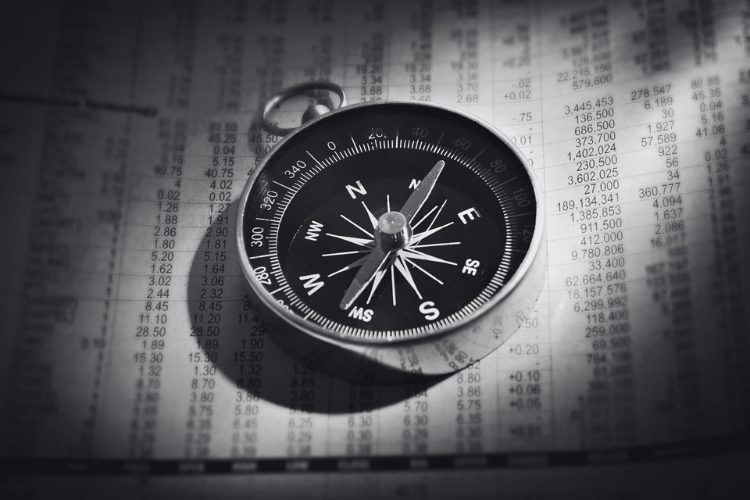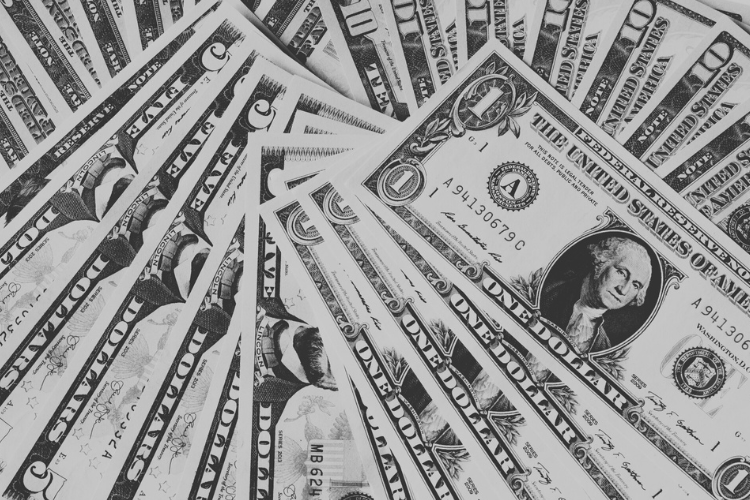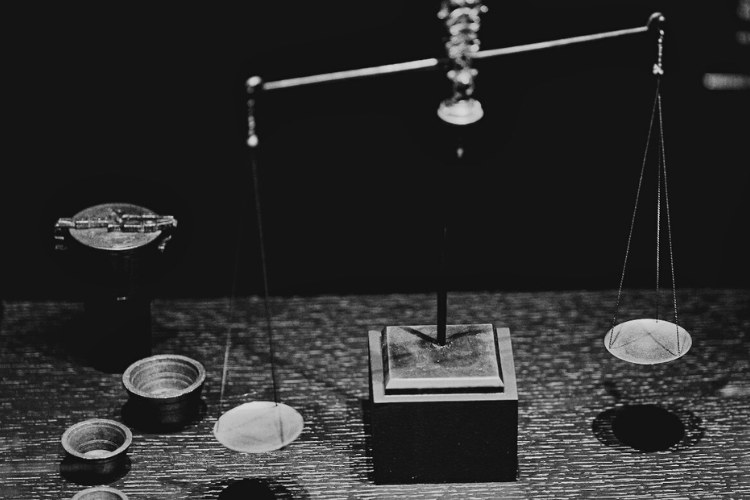As your barber spreads the barber’s cape over you and fastens it around your neck, he mentions his interest in special situations investing. “What happens if you short a stock and it goes to zero?” he asks. He spins the chair to face the mirror, eyeing his reflection you tell him this …
What Happens if You Short a Stock and it Goes to Zero?
If you short a stock and it goes to zero, you will realize the maximum possible profit from your short position. To answer the question, what happens if you short a stock and it goes to zero? We must examine the event sequence.
Short Selling: Shorting a Stock – Shorting a stock is the market transaction of borrowing shares and selling them at the current market price with the intention of buying back the shares at a lower price as the current stock price declines. Your profit is the spread between the selling price and the share’s repurchase price.
Stock Falls to Zero – If the company’s shares you’ve shorted falls to zero, the stock is worthless, and you can buy back the shares at $0.00.
Your Profit – Your profit calculation is the difference between the selling price of the borrowed shares and the buyback price, which due to bankruptcy or some apocalyptic financial event are now valued at zero.
Closing Your Position – To realize your investment gains, you must replace the borrowed shares you sold by buying them back. This is known as closing out your short position. In this case, since the stock is worth zero dollars you pay nothing to buy them back.
Brokerage Settlement – To settle your trading account, your broker will record the borrowed shares at zero value and the sale proceeds you received when you initially sold the shares remains in your account as your gross profit.
What happens if you short a stock and it goes to zero? As a short seller, this is the utopia scenario where you pocket the maximum profit from your short investment minus any commissions and fees. Let’s run through an example:
- The Short Sale – You’ve identified a firm you believe whose shares will decline soon, so you decided to short the stock. You short sell 100 shares at $60 a share and receive $6,000 debited to your brokerage account.
- Company Shares Go to Zero – Your analysis proves correct, and the shares go to zero.
- Closing Out Your Position – The shares are worthless so buying them back costs you $0.00.
- Profit Calculation – Your gross profit is the $6.000 you received upon the original sale of the borrowed shares minus the $0.00 dollars to buy them back equating to a $6,000 gross profit.
Potential Unlimited Risk – We’ve highlighted the euphoric side of short selling but selling a stock short is investing and investing is inherently risky. If you sell a stock short and the share price rises, you lose money and, theoretically, there is no limit on how high a stock price can rise meaning a short seller is exposed to unlimited loss. As you close out a profitable position to reap the rewards, you must also close out a losing position, as the stock price rises, to stop the financial hemorrhaging.
What happens if you short a stock and it goes to zero? Your short position generates the maximum profit, and you pocket the entire initial sale proceeds because the worthless shares cost you nothing to buy them back.
Read Next:








